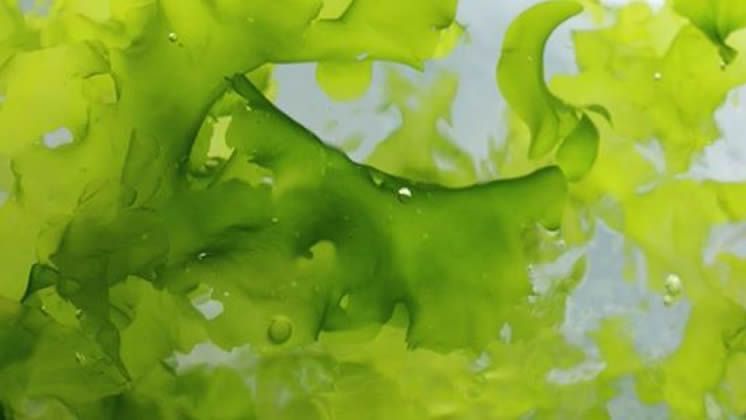Tomorrow's ‘WHEAT OF THE SEA’
Mar 02, 2022
A growing interest in the development of oceanic coastal shores has arisen over the past decade, seeking alternative sustainable food sources and other valuable products.
Møreforsking has joined in a group of experts (105 specialists from 28 countries) pursuing their scientific and commercial interests in Europe, Asia, the Americas and beyond, to modernise and make more sustainable and healthy traditional aquatic diet from coastal seas. This is initiated through the European Cooperation in Science and Technology (COST) Association supporting an EU-funded program that enables researchers and innovators to set up a collaborative research network across a wide range of scientific disciplines, called COST Actions. The COST Actions provide networking opportunities to their participants, allowing them to jointly address scientific, technological and societal challenges through innovative ideas and initiatives. The ‘SeaWheat’ initiative aims at exploiting the potential of marine seaweeds in Europe.
Building on the successes of previous EU and pan-European projects on seaweeds, and due to the unique characteristics of the seaweed Ulva (commonly known as ‘sea lettuce’), these algae has been identified as the most suitable candidate and model organisms for a novel kind of European mariculture. Species of Ulva have been extensively analysed for their value as food, feed, food ingredients, chemical constituents and medicinal properties. In mariculture, Ulva can be cultured in either land- or sea-based facilities. In addition, Ulva provides a fundamental ecosystem service as an ecological biofilter, supporting sustainability of the ever-growing industry of land- and sea-based fish farming, and preventing eutrophication in coastal waters.
The SeaWheat COST Action combines interdisciplinary approaches to the sustainable use of marine resources, encompassing all facets of Ulva biology, ecology, aquaculture, engineering, as well as economic and social sciences. This Action will lead to the development of advanced science and technology, create business and employment opportunities in the maritime and coastal economies, and have a significant impact on societal welfare.
Norway and Møreforsking is represented by Dr Céline Rebours, who also lead the Working group addressing the Social, legal, and regulatory aspects. In the last few years Dr. Rebours has developed several projects to explore the unique characteristics of the genus Ulva (Linnaeus, 1753). The CA is highly related to the work in SAFER-IMTA.
See also: Action CA20106 - COST